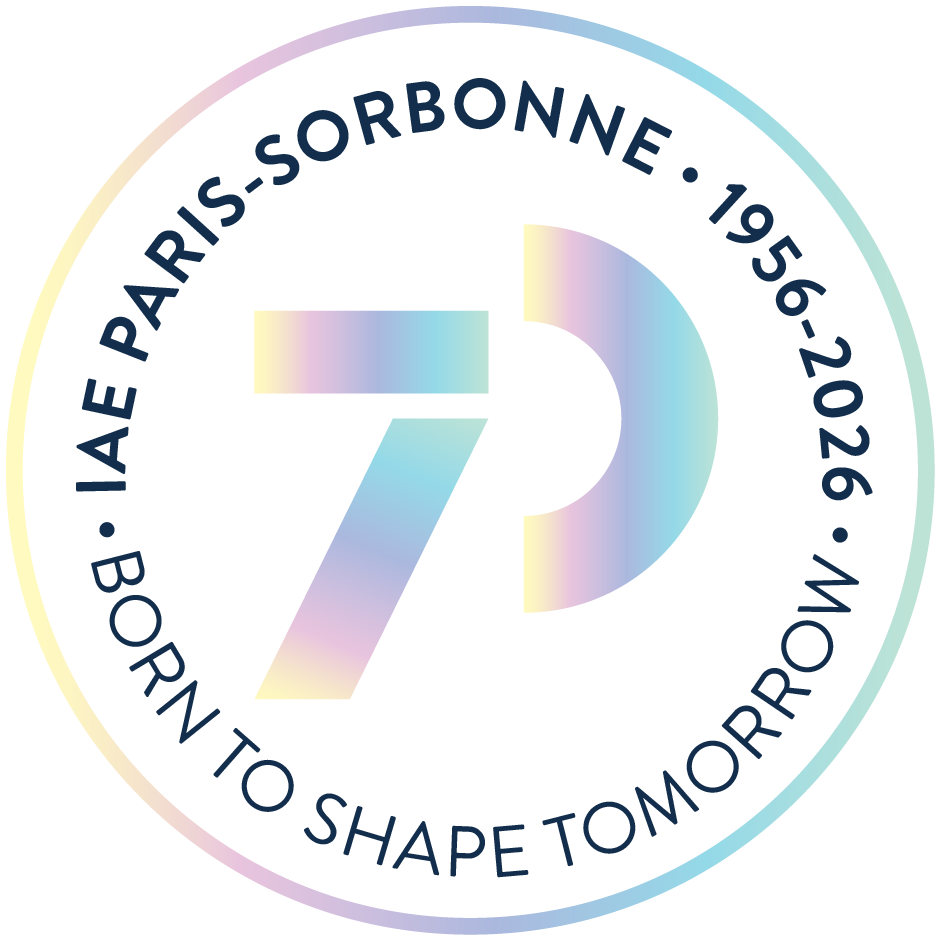Find the new article by Géraldine Michel, Professor and Valérie Zeitoun, Senior Lecturer at the Sorbonne Business School!
Troubled by multiple crises, reality has become anxiety-provoking. It demands new models and new dreams. In this context, brand imaginations are replacing the great collective narratives that are failing, offering individuals something to project themselves into, to hope for, and perhaps to provide new reasons to believe. This is what Valérie Zeitoun and Géraldine Michel analyze here, with Raphaël LLorca, associate expert at the Fondation Jean-Jaurès, Arnaud Caré, deputy managing director of Ipsos, and Nicolas Cardon, director of customer experience at Ipsos.
"The spirit of travel by Louis Vuitton", "The plural beauty of Dove", "Inclusive sport" by Nike, these imaginaries irrigate our daily lives. They become forces of projection and collective conviction, far beyond their market value. Faced with the evolution of their role, the question arises of their influence in the social and/or political order, beyond the market order.
How, in their mission as social agents, do brands participate in and push for social and environmental progress, and thus enable us to reconnect with new utopias?
The imaginary
The imaginary is the fruit of the imagination of an individual, a group or a society. It produces representations or myths that maintain a more or less detached relationship with reality.
Posing the imaginary and the real in parallel tends to accentuate the tension that exists between these two notions. Their relationship stems from a dialectic that questions the way in which the imaginary relates to the real and vice versa. To explore this complex relationship, it is possible to distinguish three main dynamics: a dynamic of opposition, a dynamic of substitution and a dynamic of enrichment.
The imaginary as illusion
Since Plato's allegory of the cave, philosophical tradition has long thought of the imaginary and the real in adverse terms. For Plato, individuals often live in ignorance, attached to appearances, and it takes an effort of thought to access truth, i.e. the "world of Ideas". In this perspective, the real refers to the world of unchanging and unchangeable ideas, while the imaginary is understood as illusory, fictitious, without reality.
